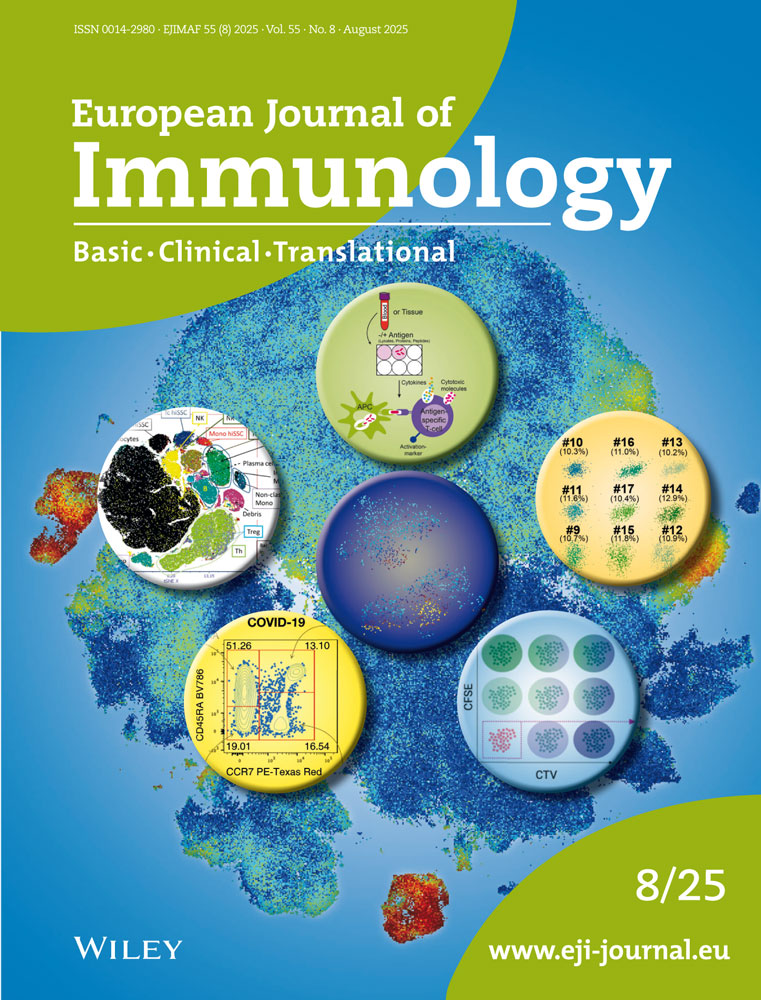Dna fragmentation and cell death mediated by t cell antigen receptor/cd3 complex on a leukemia t cell line*
Abstract
An anti-T cell receptor (TcR) monoclonal antibody (mAb), LC4, directed against a human leukemic T cell line, SUP-T13, caused DNA fragmentation (“apoptosis”) and cell death upon binding to this cell line. Cross-linking of receptor molecules was necessary for this effect since F(ab')2, but not Fab', fragments of LC4 could induce cell death. Five anti-CD3 mAb tested also caused apoptosis, but only when they were presented on a solid phase. Interestingly, soluble anti-CD3 mAb induced calcium flux and had an additive effect on the calcium flux and interleukin 2 receptor expression induced by LC4, but these anti-CD3 mAb reversed the growth inhibition and apoptosis caused by LC4. The calcium ionophore A23187, but not the protein kinase C activator phorbol 12-myristate 13-acetate (PMA), also induced apoptosis, suggesting that protein kinase C activation alone does not cause apoptosis, although PMA is growth inhibitory. These results suggest that two distinct biological phenomena can accompany stimulation of the TcR/CD3 complex. In both cases, calcium flux and interleukin 2 receptor expression is induced, but only in one case is apoptosis and cell death seen. The signal initiating apoptosis can be selectively prevented by binding CD3 portion of the receptor in this cell line. This difference in signals mediated by the TcR/CD3 complex may be important in explaining the process of thymic selection, as well as in choosing anti-TcR mAb for therapeutic use.




